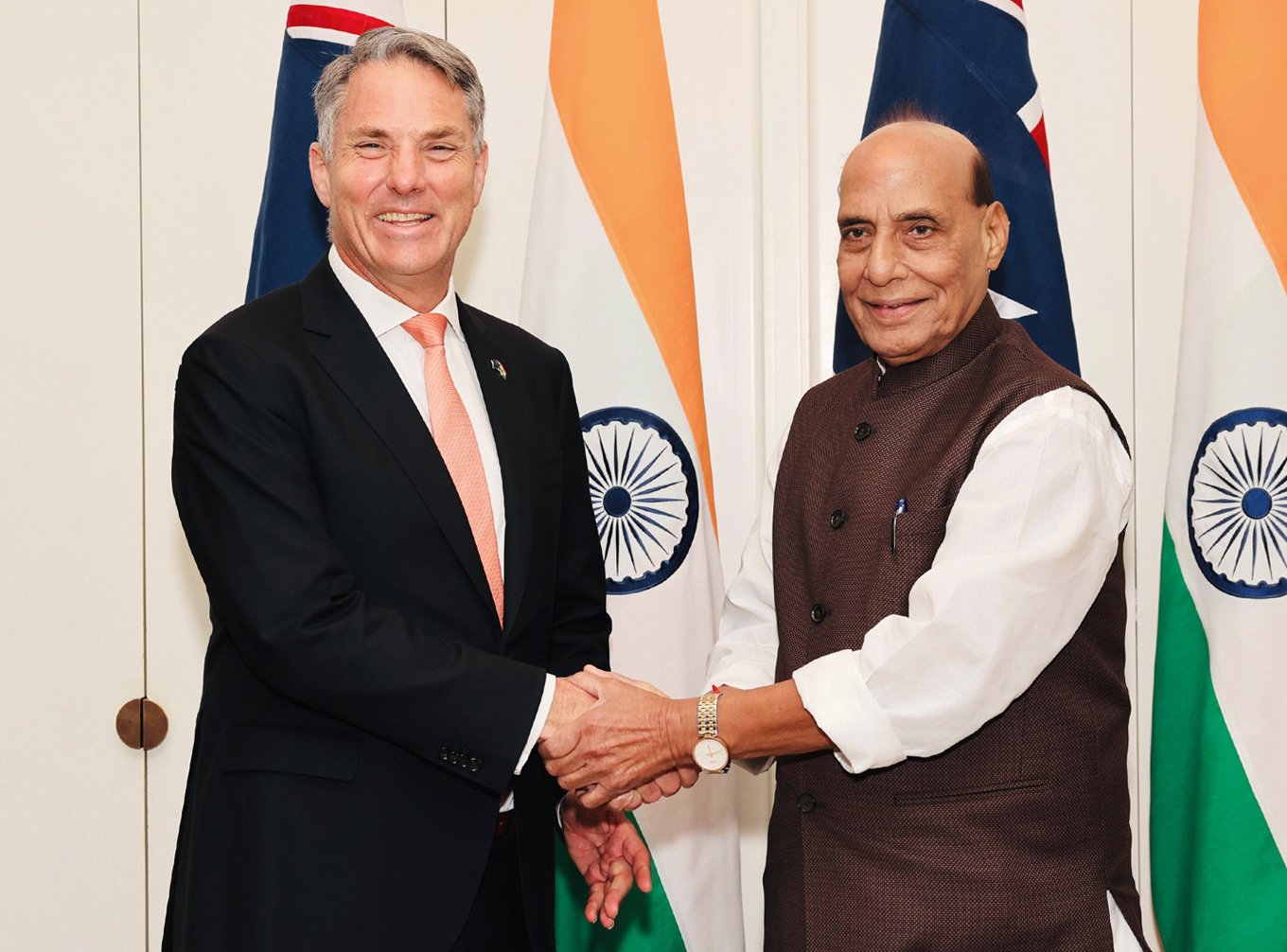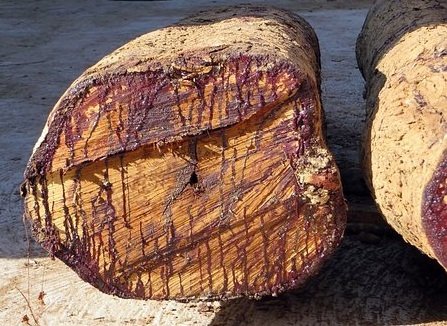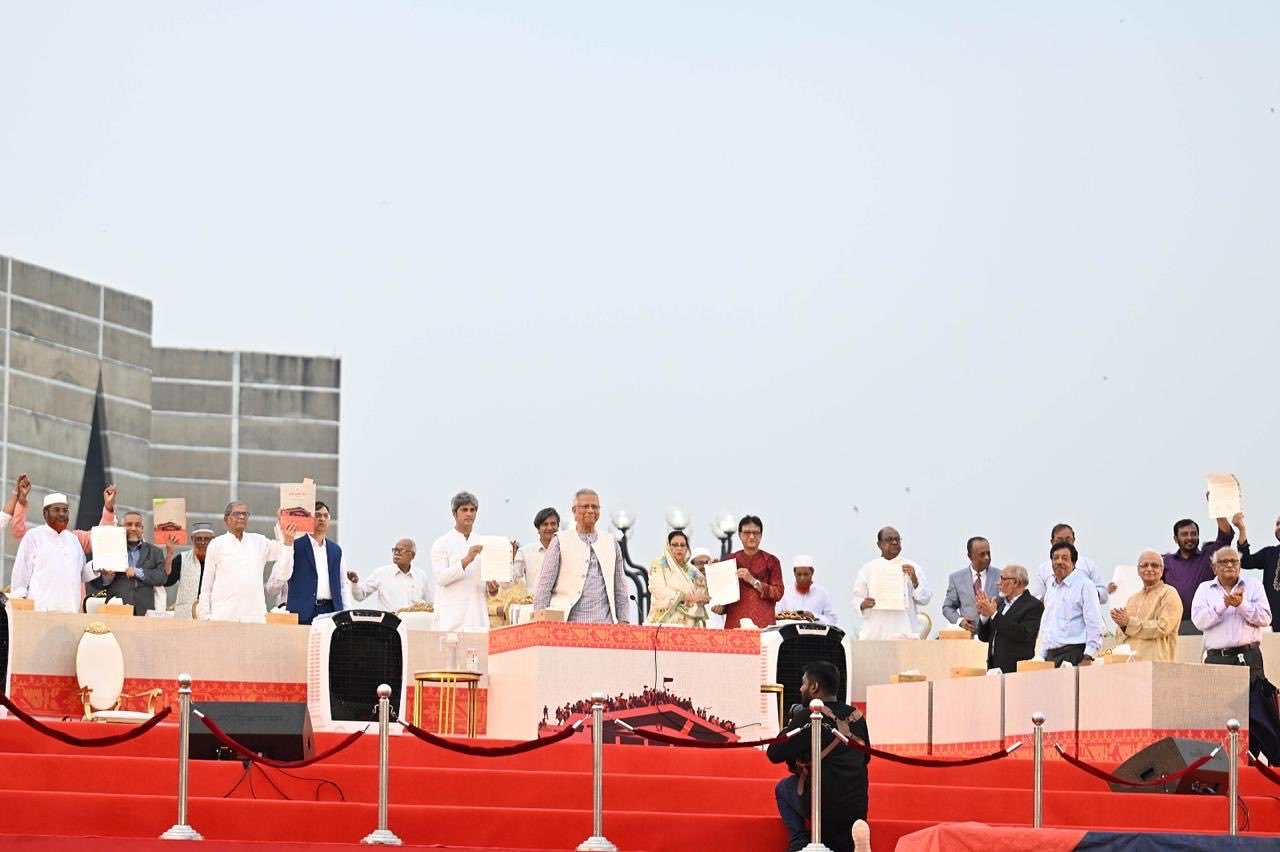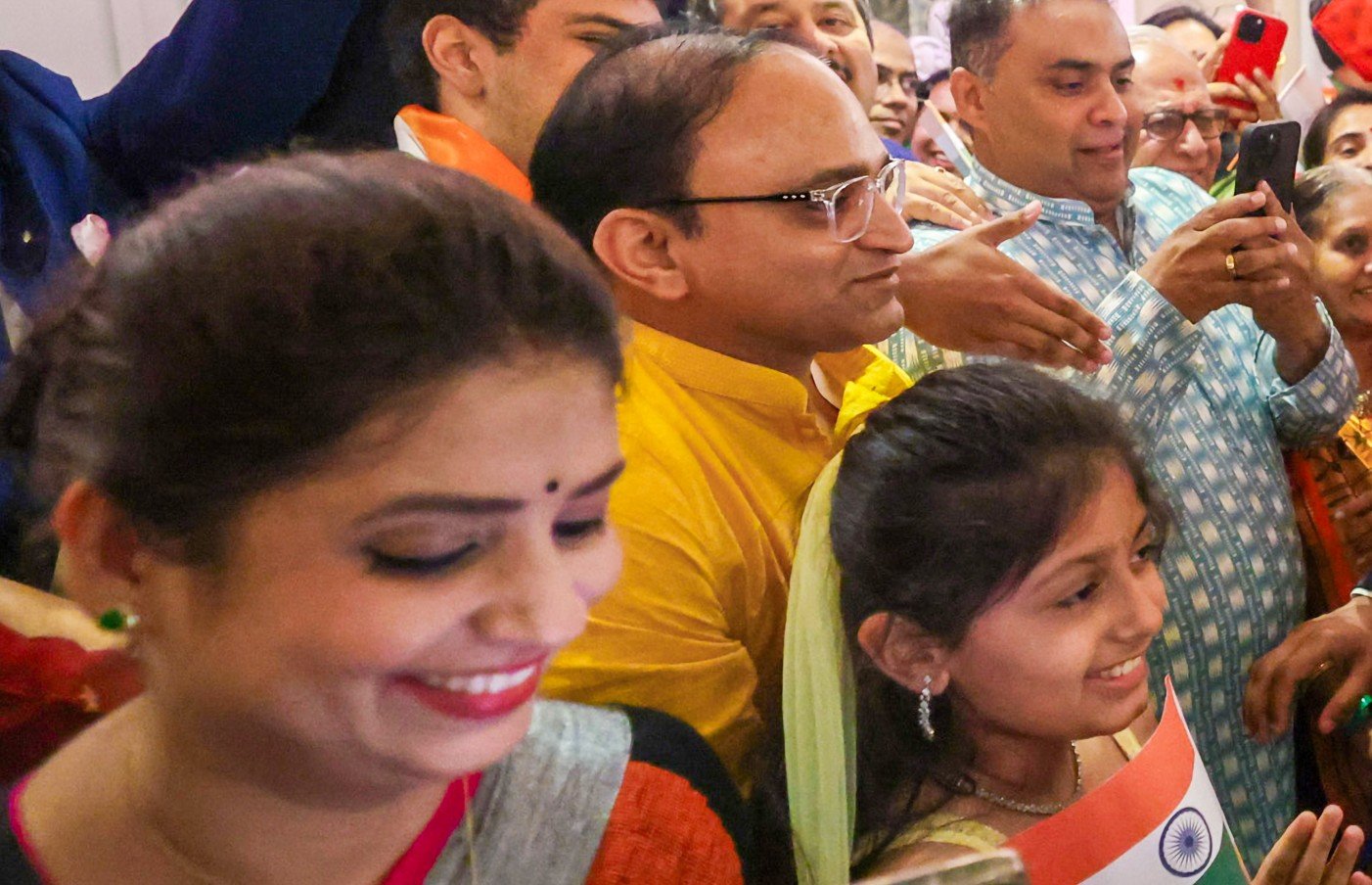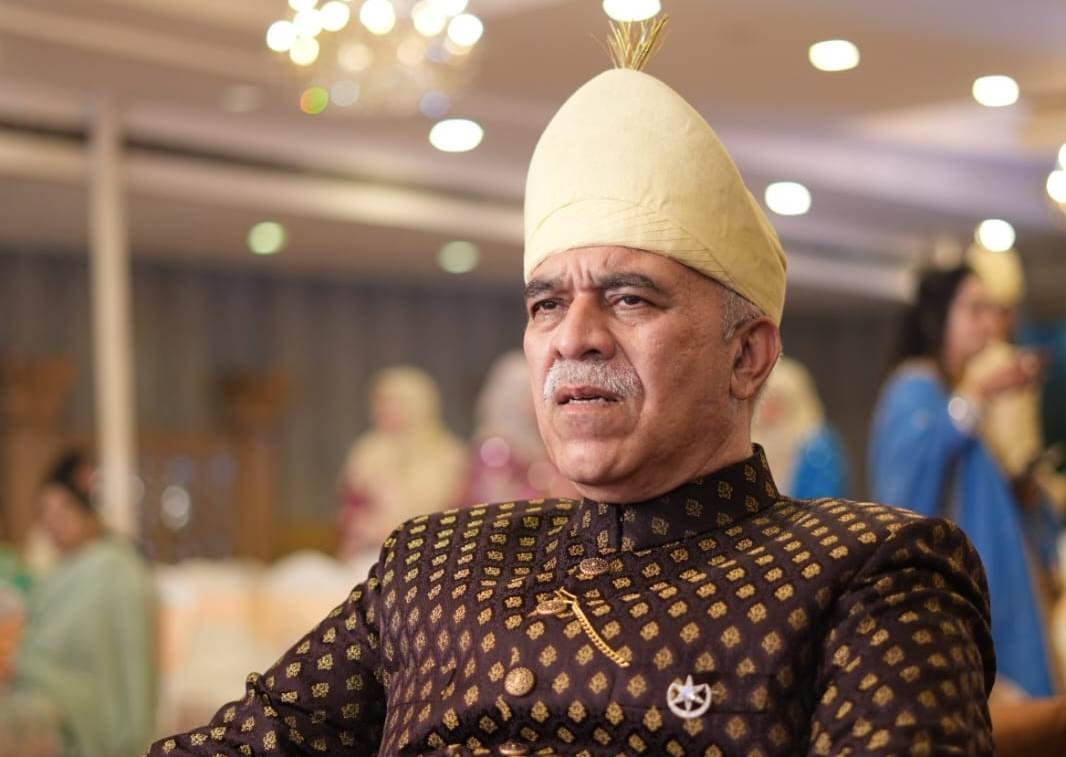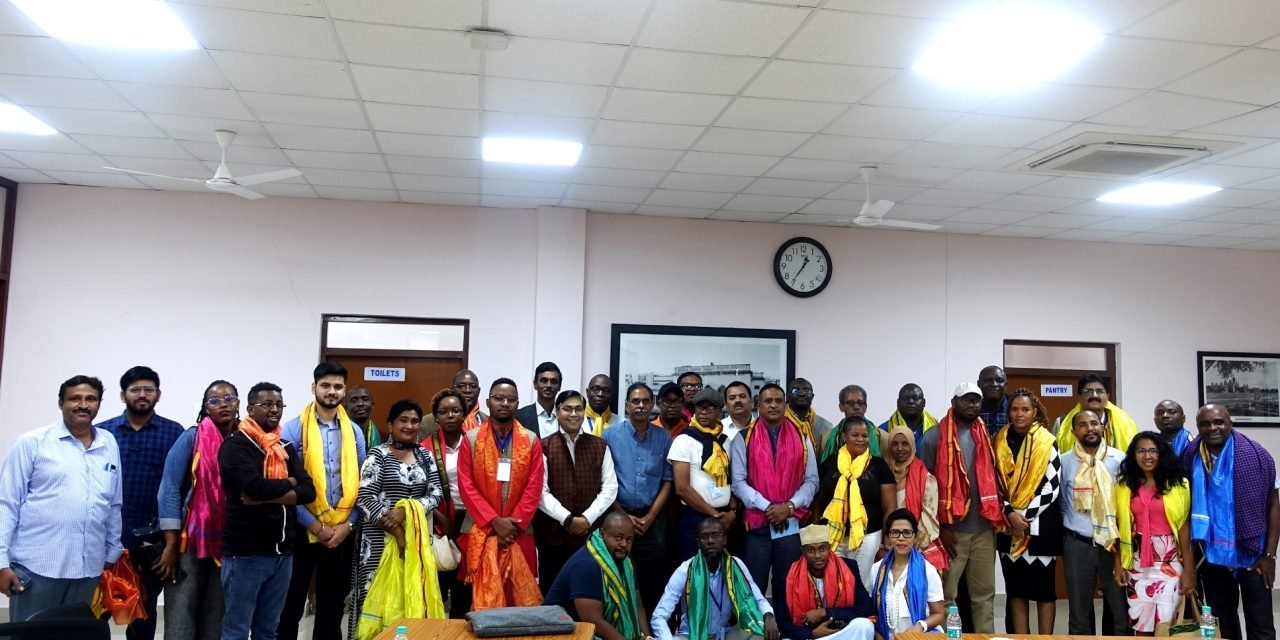
Hyderabad, July 22 (NSS): A South African delegation from the Department of Science and Innovation-National Research Foundation (DSI-NRF) Centre for Excellence in Indigenous Knowledge Systems (CIKS), University of KwaZulu-Natal, Durban, South Africa, visited the University of Hyderabad on Sunday. The five-member delegation comprised Prof. Vivian Ojong, Prof. Hassan Kaya, Prof. Yonah Seleti, Dr. Mayashree Chinsamy, and Tez Mothibe.
Prof. B. J. Rao, Vice-Chancellor, welcomed the delegates and outlined the potential benefits of the collaboration between the University of Hyderabad and the University of KwaZulu-Natal. He highlighted the unique position of the University of Hyderabad as the only Central university to work on the millets.
He emphasized identifying the areas that can be synergistically worked together to develop a partnership towards facilitating knowledge sharing and capacity building in millet research.
Prof. Kaya expressed that the collaboration between the two Universities should focus on research and development to contribute to the economic growth and social upliftment of millet farmers. Agreeing with this, Prof. Ojong discussed the possibility of having generic doctoral degree programs jointly supported by the University of Hyderabad along with thematic training and involving students of both countries through millets.
Dr Chinsamy explained the mandate of CIKS to systematize indigenous science, innovation, technology, social, cultural, spiritual, linguistic, political, economic, and business thought in the global knowledge economy for international social and epistemic justice. She underscored the importance of the delegation’s visit to the University and how their visit contributes to the mandate of CIKS.
The delegation visited Dr Muthamilarasan’s millet lab to study the ongoing research activities on millet, particularly foxtail millet and kodo millet. The delegation was impressed by the genesis of the research question from Tamil literature, wherein millets were mentioned more than rice or any other cereal. The work being done in the lab and field to identify the genetic determinants underlying key traits related to climate resilience and nutri-potential of millets through integrated omics approaches was demonstrated to the delegation.
Following this, the delegation visited the labs and other facilities of the University of Hyderabad and interviewed the students working on millets. The delegation realized the substantial and multifaceted potential for student exchanges between Africa and India to communicate science at the community level.
The delegation expressed their interest in academic exchanges to foster cross-cultural understanding, allowing students to adapt scientific solutions to diverse local contexts, particularly in millet farming. Academic exchanges will be planned between the universities to build skills in science communication and community engagement, translating complex concepts into practical advice for local communities. Such programs strengthen networks between universities, research organizations, and local communities, facilitating ongoing collaboration. Collaborative projects will be undertaken to ensure relevant and practical solutions to local millet agricultural practices and community life in both countries.
Overall, it was a fruitful visit providing an enriching experience to the University of Hyderabad and the University of KwaZulu-Natal, which can foster a robust partnership that facilitates collaborative research, enhances millet cultivation, improves livelihoods, and contributes to economic development and resilience to climate change in both the countries. In this context, the University of Hyderabad and the University of KwaZulu-Natal will soon be signing an MoU to encourage research on millets in both countries, sharing of resources, academic exchanges, supporting millet start-ups, and floating distance learning programs benefiting the students of India and South Africa.



